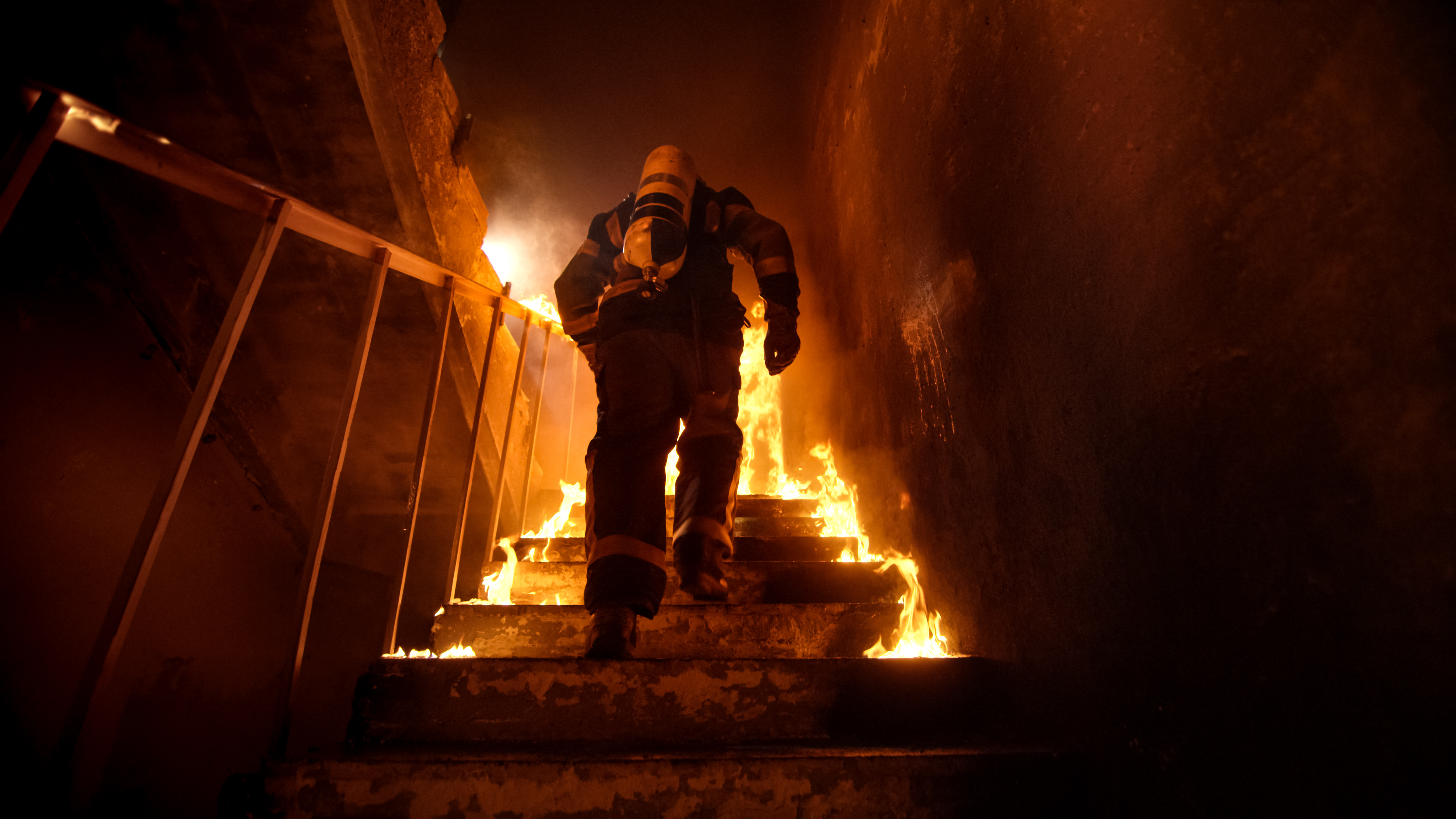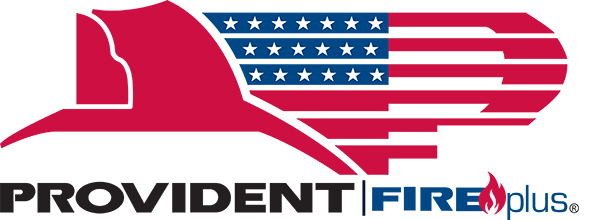
Firefighters and first responders face an intimidating variety of incidents, with some having the potential for fatal injury. Natural disasters are relatively infrequent, whereas man-caused terrorism events are difficult to predict. Both scenarios make it difficult for responders to stay prepared. It is critical to minimize controllable risk, and a big part of this is encouraging responsiveness and readiness in your firefighting operation.
Equipment & Technique
How and when personal protective equipment (PPE) is used is more important than new innovations in the gear. Modern equipment encapsulates the user so that risk decision-making becomes even more important. Policy and leadership must teach good situational thinking habits to correlate with the gear. Having the gear to prevent unnecessary exposure to carcinogenic overhaul products is one thing, but making the life-saving decision to wear it is another.
There is a serious matter of good decision-making at an emergency while interpreting readings from a monitor. If not understood and used correctly, monitoring equipment can hinder decision-making and create problems. Responders should be familiar and comfortable with gear to minimize stress, improve decision making, and develop better habits.
Culture & Policy
It’s crucial to prioritize the integration of safety culture into every aspect of training, which will translate directly to emergency scenes and even life at the station. Make a new habit of not cutting corners or taking unnecessary risks.
If a responder is violating policy, drill down and find out why. Humans go with what works and build bad habits as a result. Update your standard operating procedures so they will be followed. Ensure supervisor enforcement and lead by example, with no tolerance for casual violations, especially at the overhaul scene. This practice must be embraced by everybody from the top to the bottom of the organization.
Expertise
Wring expertise out of more than just the training officer. Use experienced personnel and special team experts with a train-the-trainer focus to spread the message in an efficient, cost-effective way. Look for opportunities to share best practices and allow each member to contribute to educating the organization.
Promote multi-agency awareness by interacting with response partners before an incident. Cross-train with regional safety officers or at an integrated incident command system (ICS) class. “Outsiders” sometimes can provide the best lessons, improving your situational awareness when dealing with the organizational and cultural differences encountered at a unified scene.
Reinforcement & Simplicity
Help responders understand their gear. Teach concepts in addition to memorizing techniques. Make a daily habit of covering basic chemical and physical characteristics of common response products, then reinforce it. Continual practice and preparation should be mandated.
Embrace generational differences by learning about them, accepting them and using them to build a more effective team. Differences are good, so use them to your advantage for new ideas and optimization of process and procedure.
It’s simply about the importance management puts behind the safety of their personnel. Building a culture that develops good habits and ingrained muscle memory when under stress will support the positive use of equipment, procedures, and good decision making, thereby protecting and saving lives and livelihood. Firefighter readiness is a safeguard for safety, wellness, and the ability to get the job done correctly. Beyond the individual impact, fire fighting procedures really build the foundation for an effective fire department.
About Provident FirePlus
At Provident FirePlus, we offer custom-tailored packages to best protect firefighters and volunteer firefighters. We understand the risks that emergency response teams are subjected to on a daily basis, and have worked to serve these dedicated professionals for over 87 years. For more information about our products and policies, we invite you to contact our experts today at (855) 201-8880.

